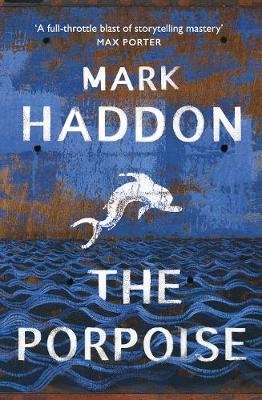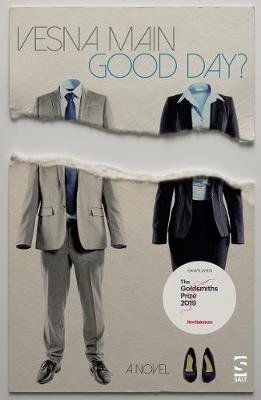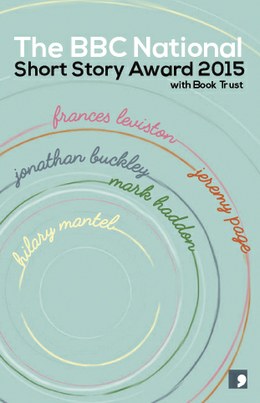Here are my thoughts on half of this year’s Goldsmiths Prize shortlist.

The Porpoise by Mark Haddon (Chatto & Windus)
Newborn Angelica is the only survivor of a plane crash. She is raised by her wealthy father Philippe, who over the years grows protective and possessive of her – dangerously so. When Darius, a friend’s son, gets too close to the truth, Philippe tries to kill him. Darius escapes on The Porpoise, a schooner that a friend is looking after – and a couple of days later, he wakes as Pericles in ancient Greece.
Angelica tells herself the story of Pericles as a form of protection – and reshapes reality in doing so. Characters’ identities shift and the novel’s focus changes as Angelica reaches for the story she needs to help her get through what’s happening. Haddon’s writing is propulsive and engaging… a fine start to the shortlist.

The Man Who Saw Everything by Deborah Levy (Hamish Hamilton)
In 1988, historian Saul Adler is knocked down by a car while his girlfriend Jennifer is photographing him on the Abbey Road crossing. Jennifer ends the relationship when Saul asks her to marry him, and he seeks solace in a research trip to East Germany. While there, Saul finds himself falling for his translator, Walter, but it’s a relationship that will remain beyond reach.
There are certain details in this scenario that don’t sit right, not least that Saul appears to have advance knowledge of the fall of the Berlin Wall. Any doubts about what Saul has been telling us will only increase in the novel’s second half. It’s 2016, and Saul has apparently been knocked down on Abbey Road again, but this time it has put him in hospital. His mind keeps drifting back to 1988, blurring past and present…
The Man Who Saw Everything becomes a hall of mirrors, as it won’t quite resolve into a single interpretation of ‘what actually happened’. There’s also an interesting sense that Levy is looking back from a precarious present to a time when great change was on the way. The feeling of uncertainty extends from Saul’s individual life to the broader sweep of history within the novel. It’s quite electrifying to read.

Good Day? by Vesna Main (Salt Publishing)
Well, this is a lot of fun. It consists mostly of dialogue between a husband and wife, Reader and Writer. She’s writing a novel about Anna and Richard, a middle-aged couple whose marriage is under strain from Richard’s infidelity. Each day, the ‘real’ couple discuss the Writer’s novel and her characters, often with differing views: for example, the Reader is more sympathetic to Richard, the Writer more defensive of Anna.
The Reader is concerned that people will think that the Writer’s novel is based on their own lives. The Writer insists it’s not, though that doesn’t stop her incorporating the odd detail. The sense grows that a conversation about the Writer’s and Reader’s relationship is going on by proxy (and sometimes more directly than that) as they talk about her novel.
Good Day? turns the structure of a typical novel inside out, and the experience of reading it is also transformed. The tale of Anna and Richard is disconcertingly fluid, because it hasn’t yet been settled – and the tale of the Writer and Reader is just out of our reach. There are also some nice touches that made me smile: it’s common enough for an author to incorporate one of their previously published short stories into a novel, but I’ve never seen it done quite like this… and I shall say no more about that!

Recent Comments